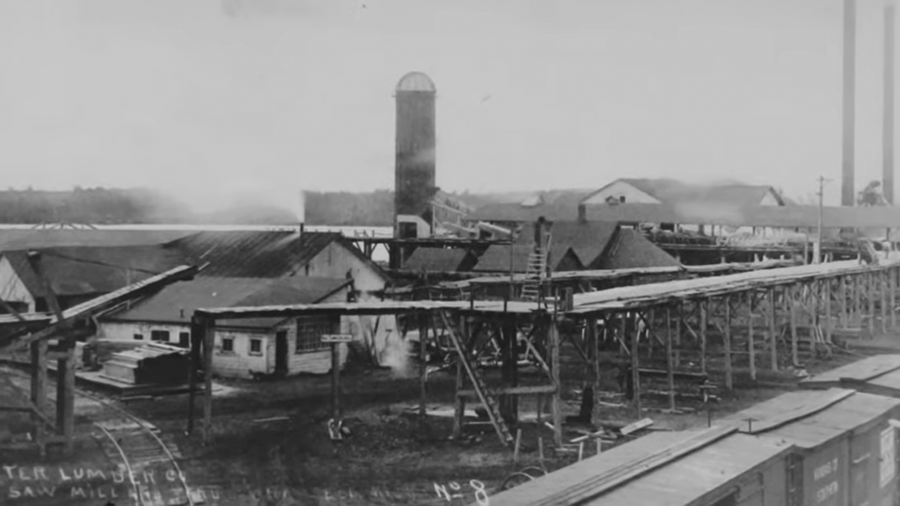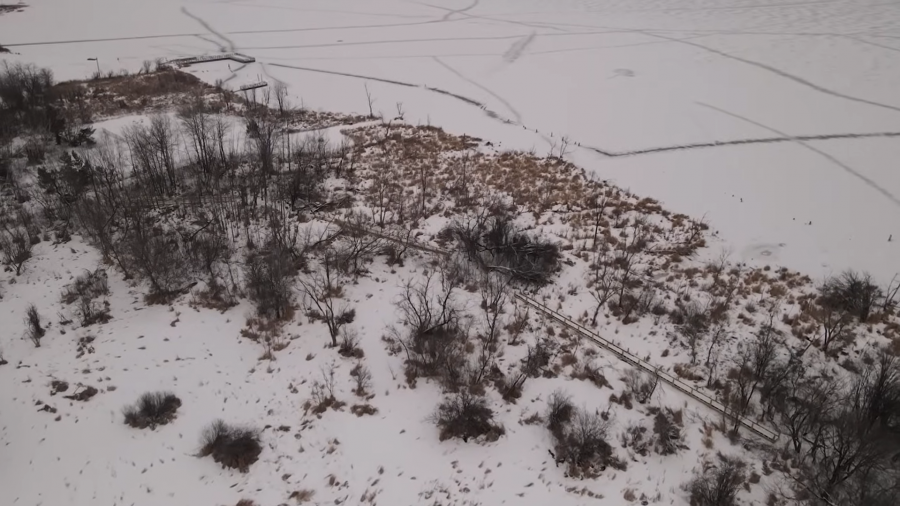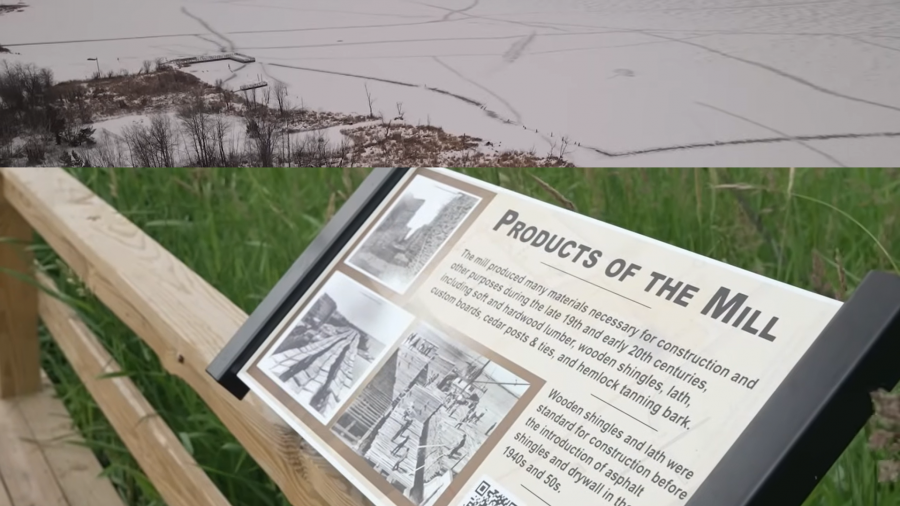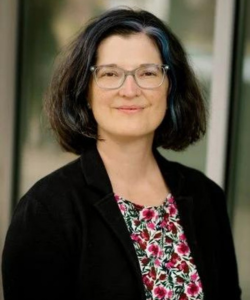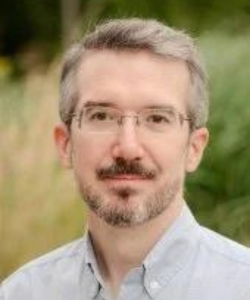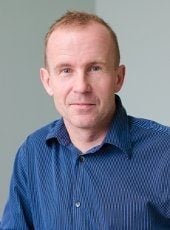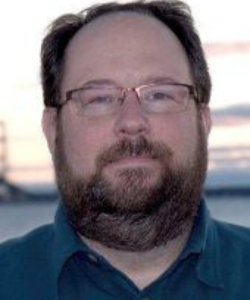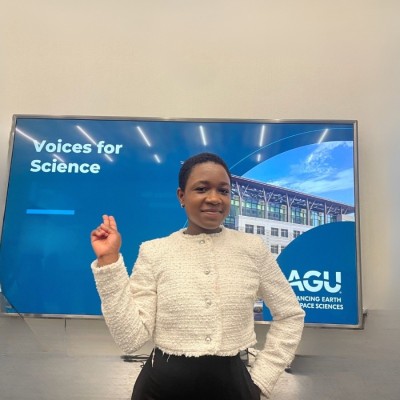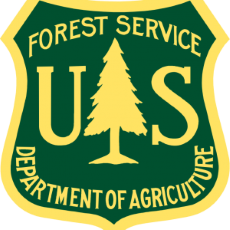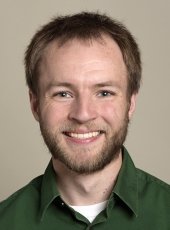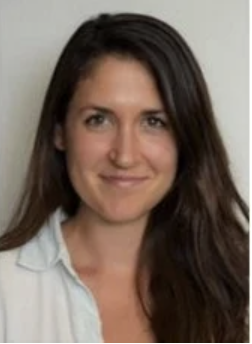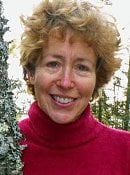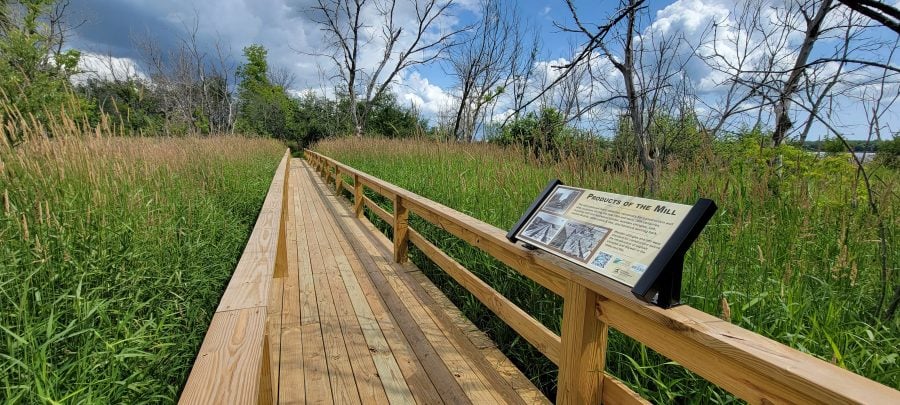
Michigan Tech’s role in establishing a historic trail showcasing the area’s lumber heritage was highlighted in an episode of the long-running program Discovering earlier this year. Watch “Building the Chassell Historic Trail” to learn more about the process involved in this interpretive work, which tapped the expertise of Don Lafreniere, professor of geography and geographic information systems (GIS); James Schwaderer, a Ph.D. candidate in industrial heritage and archaeology, and Terri Frew, assistant teaching professor in visual and performing arts. All three appear on the program, which also highlights the award-winning Keweenaw Time Traveler project.
While the Copper Country’s mining history has been widely detailed, its other industries and their histories aren’t as well known. The Chassell Heritage Trail interprets a former lumber mill site in Chassell, Michigan. “Creating a walking trail allows people to wander through history,” said Schwaderer. “It’s one thing to see it in a picture but it’s another thing to actually walk all the way through there, just to get a sense of the size of how big this mill was and the storage it needed for all the lumber it cut.”
About the Social Sciences Department at Michigan Tech
Michigan Tech’s Department of Social Sciences offers bachelor of science degrees in Anthropology, Policy and Community Development, Sustainability Science and Society, and Social Science, along with a bachelor of arts degree in History. Our graduate program includes master’s and doctoral degrees in Industrial Heritage and Archaeology—the only program of its kind in the world—along with Environmental and Energy Policy. Our social sciences department also offers a master’s in Sustainable Communities. Plus, you can get a graduate certificate in Public Policy by taking three online courses in just one term.
Questions? Contact us at socialsciences@mtu.edu. Follow us on Facebook, Instagram, and Twitter for the latest happenings.

